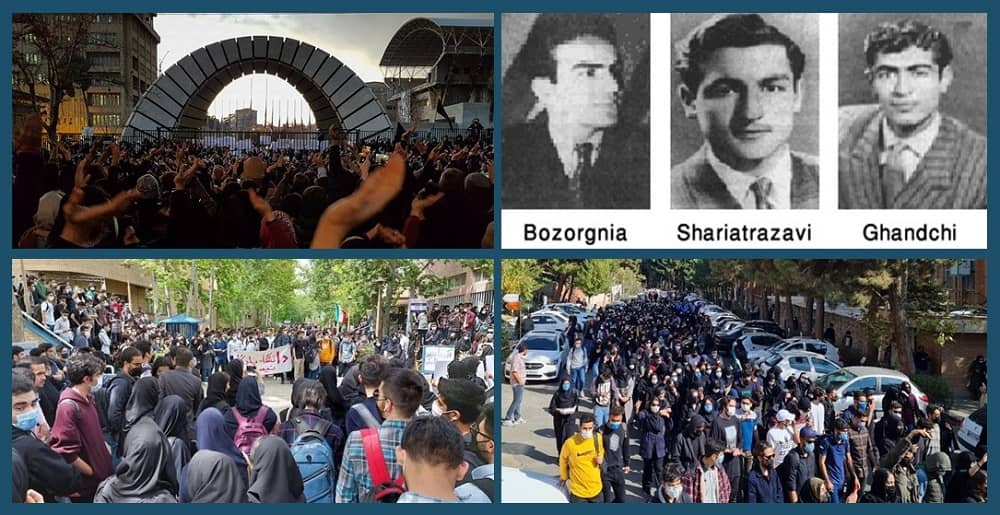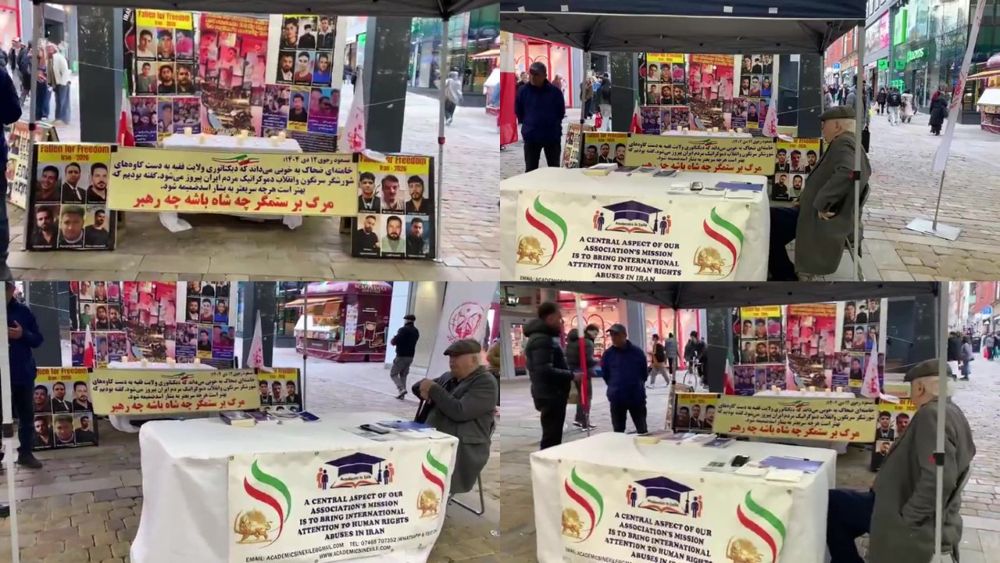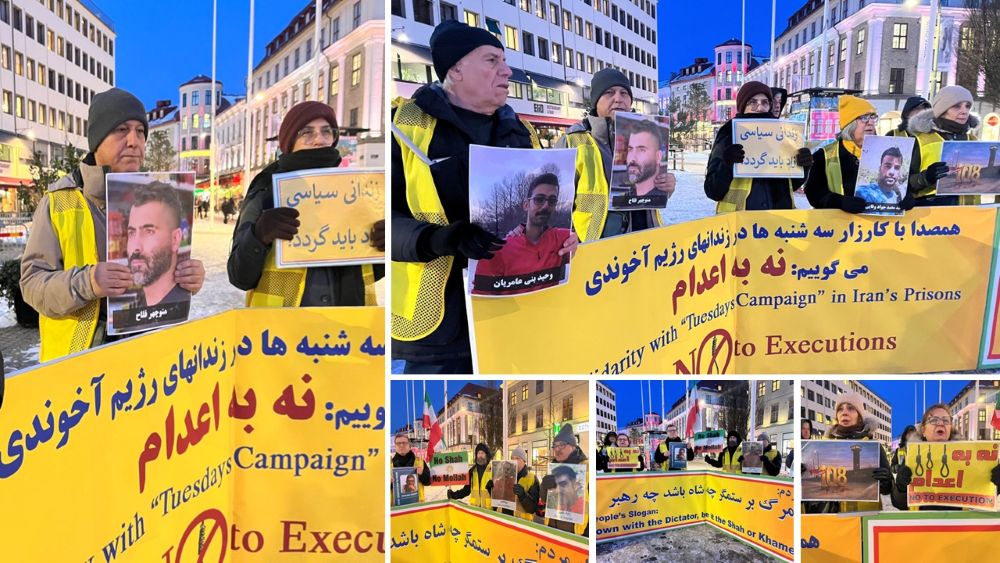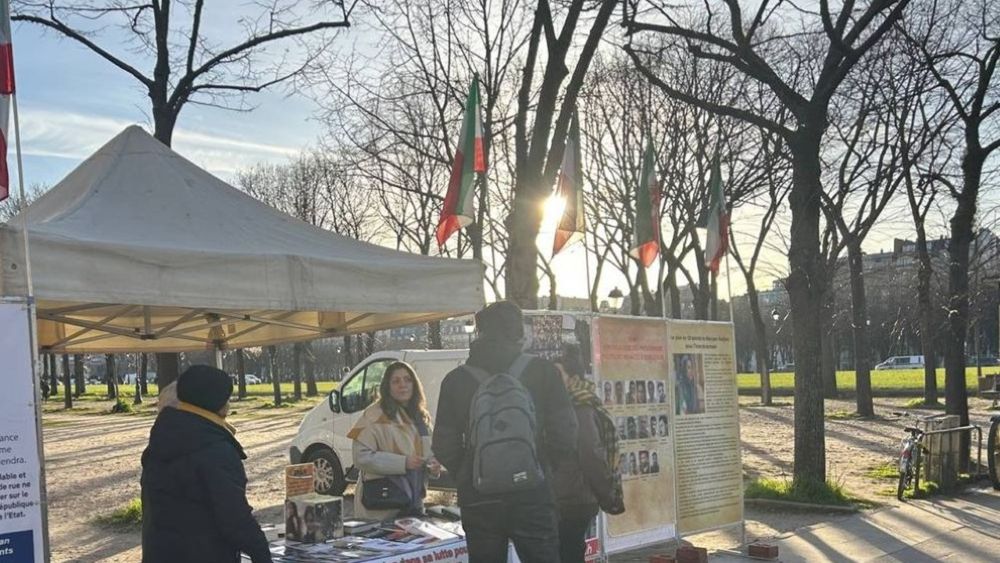
December 7 holds significance in Iran as Student Day, commemorating the anniversary of three Tehran University students—Ghandchi, Shariat-Razavi, and Bozorg-Nia—who sacrificed their lives for freedom, falling victim to the Shah’s forces.
Amidst the Iran National Oil Movement, spearheaded by Dr. Mohammad Mossadegh, Iranian students played a pivotal role in supporting the cause. In August 1953, Dr. Mossadegh, the legitimate Prime Minister, was overthrown in a coup orchestrated by the United States and the United Kingdom. Following this somber chapter, as the new academic year commenced, university students rekindled their activism against the coup and the oppressive regime of the Shah, who had forcefully quashed opposition forces.
On the eve of Richard Nixon’s visit to Iran, despite martial law in Tehran, students courageously staged an anti-regime demonstration at Tehran University campus. The Shah‘s forces responded with gunfire, resulting in three student fatalities and numerous injuries. To honor this struggle and resistance, December 7 was designated as Iran’s Student Day, transforming universities into bastions of freedom. This pivotal event sparked a student movement that consistently influenced Iran’s socio-political landscape. The sacrifices of those martyrs paved the way for pioneering organizations that emerged from universities, garnered widespread support, and fought for freedom, inspiring others to rise against the Shah.
Despite Ruhollah Khomeini hijacking the leadership of the anti-monarchy revolution in 1979, Iranian universities remained resilient. Recognizing his inability to assert control over the universities, Khomeini resorted to a sinister plot, launching a “cultural revolution” to drown campuses in blood. In his April 21, 1980 speech, Khomeini admitted that economic siege and military threats did not intimidate his regime, but perceived the universities as a colonial threat.
In response, thugs infiltrated the universities, resulting in the deaths of seventeen students and the injury of 2180 by April 22, 1980. Universities remained shuttered for three years. Khomeini reopened them only after establishing a medieval apparatus that included inquisition, surveillance, and suppression.
Forty percent of university positions were reserved for members of the regime’s repressive organs. The regime exhibited no mercy towards academics; numerous students and professors were arrested, and some were executed. Many noble professors either ceased their work or were compelled to leave the country for resisting the reactionary rules imposed by Khomeini’s regime.
Despite attempts to distort the concept of Student Day, students have persevered in their unwavering quest for freedom.



